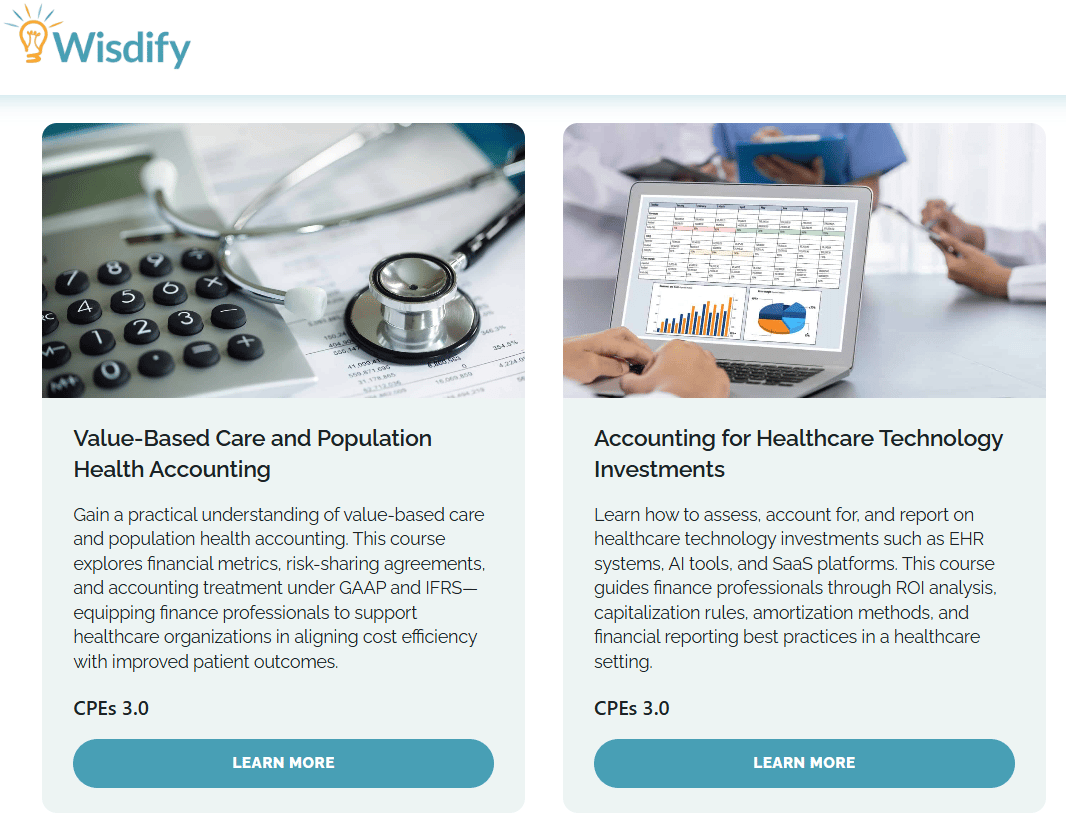- Daily Accrual
- Posts
- The Monday Accrual: June 23, 2025
The Monday Accrual: June 23, 2025

06/23/2025
Well, hi there! Sit back, enjoy, and relax as you’re currently on the Daily Accrual.
Every day, I sift through the accounting noise so you don’t have to. I share to you the most relevant, juicy accounting insights that really matter – nothing phony, just some good, accounting testimony!
📊 Accountants Gone WILD
3.5% Tax Potentially Shaking Latin America: What Trump’s Remittance Plan Actually Mean for Economies
Trump’s “One Big, Beautiful Bill” includes a 3.5% remittance tax sent by immigrants to families abroad. International transfers are crucial to economies abroad where they fuel GDP and private consumption. Experts warn on said tax cutting remittance flows by at least 5%, pushing migrants toward informal networks, and worsening fragile economies.
Remittance taxes would require senders to provide Social Security numbers, impacting migrants under humanitarian parole or TPS. The Senate version adds exemptions and conditions, however remains concerned about privacy risks. This federal move remains the strongest effort yet for tax remittances—risking minimized transfers and serious economic fallout in nations.
🧮 COOL AF! (Cool Accounting Facts!)
Did you know that spreadsheets have roots thousands of years with the first writing system?
The alphabet you’re reading now owes its existence to ancient bookkeeping, as the earliest writing system: Phoenician alphabet was invented around 1200 BCE by merchants needing a faster, efficient way of tracking cargo, multiple debts, and trade deals.
Writing down to 22 simple consonants as vowels were apparently “nonessential”, these early accounting legends paved the modern alphabet foundation in the name of financial tracking.
So, the next time you’re labeling accounts or closing books, just remember: your spreadsheets are part of a 3,000 year old tradition of maintaining precision, and financial responsibilities.
Accounting Meets Healthcare: Learning How to Diagnose Value-Based Care, and Financial Risk-Sharing
You can memorize ASC 606 in your sleep, and do bank reconciliations like a wizard, but when someone mentions HIPAA compliance, you suddenly remember you left the oven on.
Wisdify’s Healthcare Accounting Series kicks it off with powerhouse courses designed specifically for CPAs like you—brilliant with numbers, however slightly allergic to legalese.
Value-Based Care and Population Health Accounting teaches you on supporting healthcare organization’s shift from fee-for-service to value-based reimbursement models. You’ll be shown how to interpret financial metrics like TCOC, MLR, PMPM, accounting for risk-sharing agreements, utilizing ASC 606, IFRS 15 revenue recognition, ensure audit readiness, and grant compliance.
Accounting for Healthcare Technology Investments discusses how finance professionals assess, capitalize, report on tech investments like EHRs, AI tools, and SaaS platforms. ROI analysis, amortization methods, total cost of ownership, differentiating between capitalizable and non-capitalizable costs will be discussed. You’ll also learn financial reporting best practices on tech-enabled healthcare services, disclosure requirements, handling deferred revenue, and impairment testing.
These professional course uses real-world case studies, focusing on aligning business strategy with improved patient outcomes in short, digestible video formats, quizzes and assessments.
Your Excel spreadsheets have already been flawless. Now let’s make your healthcare compliance game just as bulletproof.
Enroll today in Wisdify. Your future healthcare CFO-self will thank you (later).
🔢Numbers Don’t Lie
Byrd Rule Halts GOP Plan to Eliminate PCAOB, Raises New Questions About Oversight Stability
A Republican plan to dissolve PCAOB and transfer duties to SEC was blocked by the Senate parliamentarian under Byrd Rule, barring non-budgetary provisions in reconciliation bills. Court ruling made a 60-vote threshold, making passage impossible. The proposal sought to eliminate SEC’s authority to collect accounting support fees, raising audit oversight’s funding concerns.
The move would complicate international audit quality inspection, especially with partner countries. The PCAOB serves as a critical firewall towards company auditing policies. While the SEC allocated $100 million for transition, only 25% of the PCAOB’s current budget questioned its feasibility, as other Byrd Rule rulings also struck down key cuts from the reconciliation bill.
🐦 Twitter Showdown
#TaxedForWinning💵🏆
P.S. Let us know what you think of today’s newsletter! Send us a feedback by replying to this email, we’d love to hear your insights!




